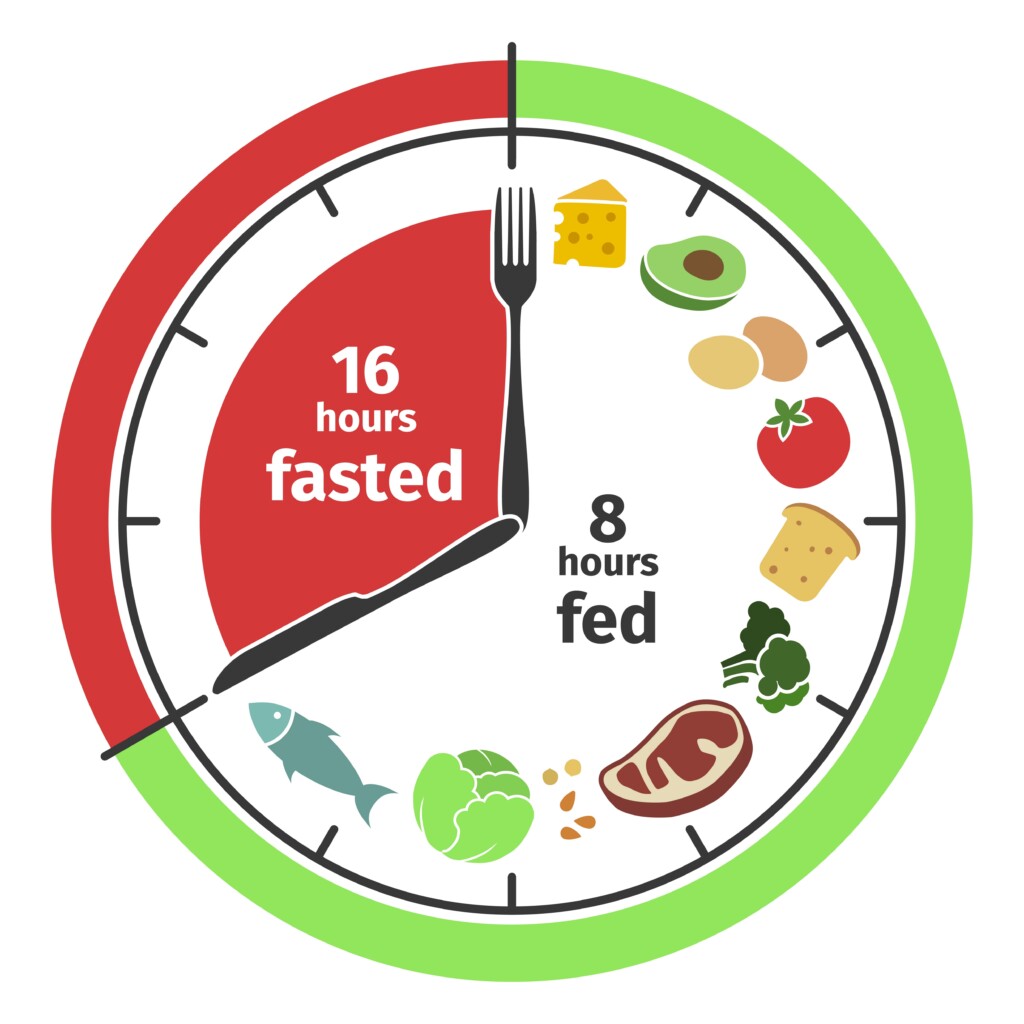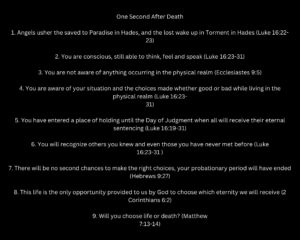Fasting is a spiritual practice that holds significance in many religious traditions, including Christianity. The decision to fast is a personal one and can be undertaken for various reasons, such as seeking spiritual clarity, humility, or seeking God’s guidance. Let’s explore a few Bible verses from the New King James Version (NKJV) that speak about fasting:

- Matthew 6:16-18: “Moreover, when you fast, do not be like the hypocrites, with a sad countenance. For they disfigure their faces that they may appear to men to be fasting. Assuredly, I say to you, they have their reward. But you, when you fast, anoint your head and wash your face, so that you do not appear to men to be fasting, but to your Father who is in the secret place; and your Father who sees in secret will reward you openly.”
In this passage, Jesus speaks about the importance of fasting with a sincere heart, not seeking the praise or recognition of others but focusing on a personal connection with God.
- Joel 2:12: “Now, therefore,” says the Lord, “Turn to Me with all your heart, with fasting, with weeping, and with mourning.”
Get your own customized Bible at WeaverCustomEngravings.com
Joel encourages the people to turn to God with fasting, weeping, and mourning, emphasizing the heart’s sincerity in seeking God’s presence and guidance.
- Acts 27:9: “Now when much time had been spent, and sailing was now dangerous because the Fast was already over, Paul advised them.”
This verse refers to a specific fast mentioned in the context of the Apostle Paul’s journey, indicating that fasting held significance even in the early Christian community.
These verses highlight the importance of fasting with the right motives and a sincere heart, seeking a deeper connection with God. It’s essential to approach fasting as a personal spiritual discipline, guided by prayer, seeking wisdom from the Scriptures, and seeking God’s will for your life.
Within the realm of Christian spirituality, the topic of fasting holds a significant place. While the Bible provides guidance on the practice of fasting, it is important to approach it with an understanding that fasting is not a mandatory requirement for salvation or a rigid obligation. Let us explore the biblical perspective on fasting, acknowledging its potential benefits while recognizing that it is a personal choice in one’s spiritual journey.
- A Voluntary Spiritual Discipline: Fasting is presented in the Bible as a voluntary spiritual discipline that can deepen one’s connection with God. It is a personal choice made by individuals seeking a closer relationship with Him, self-reflection, and a humble posture before God. The decision to fast should stem from a sincere and authentic desire to seek God’s presence and wisdom.
- Fasting with the Right Motives: Jesus, in Matthew 6:16-18, cautions against fasting for outward show or to seek the approval of others. Instead, He encourages fasting with a pure heart, devoid of hypocrisy. The focus should be on a personal and intimate connection with God rather than seeking recognition from others.
- The Freedom to Choose: The Bible does not impose specific rules or regulations regarding the frequency, duration, or specific manner of fasting. It grants believers the freedom to choose the type of fast that aligns with their personal circumstances and spiritual needs. Some may choose to abstain from food for a specific period, while others may opt for different forms of fasting, such as abstaining from certain activities or indulgences.
- A Heart of Authentic Worship: Throughout Scripture, the emphasis is placed on the condition of the heart rather than the act of fasting itself. God desires a heart of genuine worship, humility, and surrender. Fasting can serve as a tool to cultivate these qualities, but it is not the sole indicator of one’s spiritual devotion or righteousness.
- Personal Spiritual Journey: While fasting can be a valuable spiritual practice, its necessity or frequency may vary among individuals. It is crucial to approach fasting with wisdom, discernment, and prayer, seeking God’s guidance in its application within one’s personal spiritual journey.
While the Bible provides guidance and examples of fasting, it is important to recognize that fasting is not a mandatory requirement for salvation or a rigid obligation within the Christian faith. It is a voluntary spiritual discipline that can enhance one’s connection with God when practiced with a sincere heart and the right motives. As individuals embark on their personal spiritual journeys, they are encouraged to seek wisdom from the Scriptures, prayerfully consider the role of fasting, and approach it as a personal choice aligned with their unique circumstances and spiritual needs. Ultimately, the pursuit of a vibrant and authentic relationship with God remains central to the Christian faith, whether or not fasting is part of that individual’s journey.
As an Amazon Associate we earn from qualifying purchases through some links in our articles.




